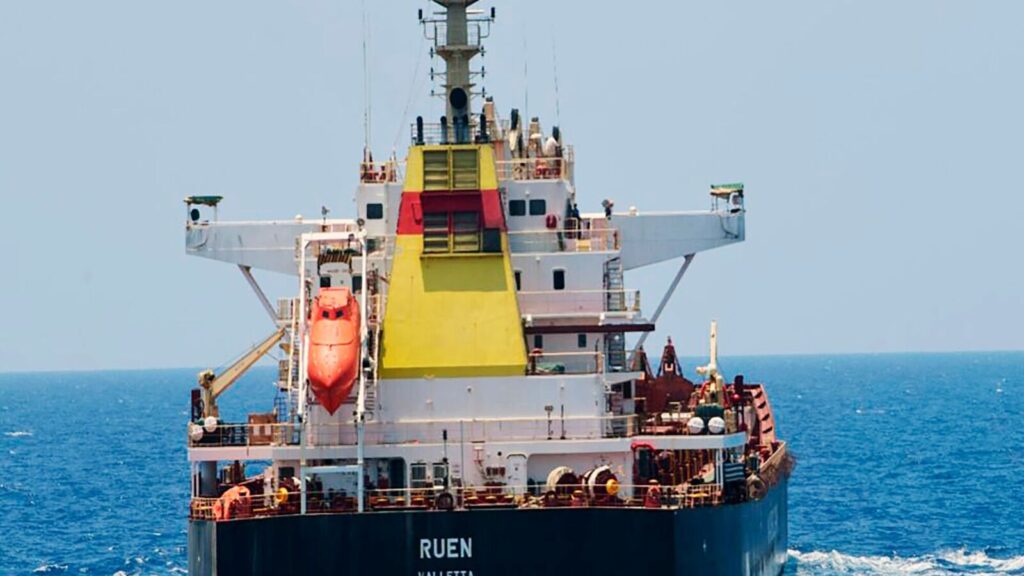Petronet LNG Ltd’s shares have been trading lower since the release of its March quarter results (Q4FY24) as its Ebitda missed analysts’ estimates, despite clocking a 17% year-on-year growth.
The growth was driven by higher volumes, but weak gas prices, inventory loss and provisioning played spoilsport. The company’s Ebitda stood at ₹1,104 crore in Q4 on revenue of close to ₹13,800 crore.
Natural gas prices have declined to less than one-third from a peak of $9.3 per mmbtu (Henry-Hub) in August 2022.
Petronet’s Dahej plant achieved capacity utilization of 97% in Q4, up from 77% a year ago and the highest in the last ten quarters. Across two terminals in Dahej and Kochi, Petronet’s total regassification capacity is 22.5 mtpa, accounting for more than half of the total domestic capacity.
Almost half of India’s natural gas demand is being met through imports necessitating LNG terminals. Yet, consumption is constrained largely because of unavailability of pipelines for transporting the gas from these terminals to consumption center and infrastructure for city gas distribution, etc.
Here, the government’s push to increase the share of natural gas in the total energy basket from the current 7% to 15% has the potential to boost the market size for Petronet.
Challenges galore
Despite a significant market potential, the company faces several short-term challenges. To begin with, it is undertaking expansion of Dahej plant, expected to be commissioned by end FY25.
However, western India is expected to see additional capacities coming online which may put pressure on the company to find buyers.
On the other hand, its Kochi plant is running at capacity utilization of barely 22% due to the absence of pipeline for off-take of gas. This would continue to remain a challenge in FY25 since the commissioning of the associated pipeline is not expected before end of FY25.
Meanwhile, Petronet is also facing an unusual issue of non-fulfilment of terms of contract by users of its facilities. The company allows some of its customers to use its terminals to import LNG and re-gasify it for a specified user charge.
As per the agreement, a customer has to pay the user charge even if he fails to use the facility. Petronet has reported receivables of over ₹1,800 crore related to non-usage for previous years, non-payment of which could cause a dent in its profitability.
To be sure, the biggest uncertainty relates to its plans to diversify into the petrochemical business, announced in late 2023. This would entail an investment of over ₹20,000 crore, and remains a worry. While it could be to derisk itself from the volatility in natural gas prices, the move could erode its margins significantly.
“Capital misallocation risks continue given the management’s aggressive ₹20,700 crore capex plans in non-core petchem business, which could be value-destructive as they are outside PLNG’s core competence amidst the struggle by petchem companies to make reasonable returns,” said analysts from JM Financial Institutional Securities in a report on 23 May.
Investors appear to be factoring in these concerns adequately, with the stock’s price-to-earnings multiple at just about 13 times.

